National VPC Code of Conduct Be a good role model with behaviour and an attitude that are in line with our aims and principles and the Police Code of Ethics Comply with all applicable UK laws and guidance Make sure you follow Volunteer Police Cadets and local policies and procedures and reread then from time to time as they may be amendedLancashire Constabulary supports the Code of Ethics which are the Principles and Standards of Professional Behaviour for the Policing Profession of England and Wales Policing Principles Every person working for the police service must work honestly and ethically The public expect the police to do the right thing in the right wayPolice officers and staff regularly face very challenging situations that require split second decisions to be made In these circumstances a solution to a problem isn't always clear cut or easy to make The College of Policing's Code of Ethics lays out standards of behaviour every police employee should aspire to
2
Code of ethics police uk
Code of ethics police uk-Article 1 European Code of Police Ethics) 12 Police officers shall, as far as is practicable, carry out their functions in cooperation with, and with the aim of securing the support of, the local community (Sourced from Section 32(5) Police (Northern Ireland) Act 00) 13 Published Date An offduty police officer who made inappropriate use of the fact he was a police officer to further a grievance against a lorry driver over a traffic incident, has been disciplined for breaching the police code of ethics The officer mentioned the fact he was a police officer when he reported the incident to the




Code Of Ethics Dorset Police
1 It is of paramount importance that the public has faith in the honesty and integrity of police officers Officers should therefore be open and truthful in their dealings;The code of ethics is a code of practice for the principles and standards of professional behaviour for the policing profession of England and Wales The standards of professional behaviour that are expected of every member of our workforce are contained in the Code of EthicsCode of Ethics Barred list Integrity and transparency Ensuring that the people who work for the police uphold the values of the service, strive to do the right thing in all situations and have the public's confidence
Code of Ethics Durham Constabulary is committed to providing an excellent policing service it can be proud of We will continually strive to act with integrity, fairness and respect to ensure that the confidence and support of those we serve is protected as our most valued assetEthics, equality and inclusion We strongly believe in the National Police Chiefs' Council (NPCC) guidance that supports us to ensure that our behaviour, actions and decisions will always be in support of the public interest We value public trust and confidence in policingAvoid being improperly beholden to any person or institution;
The Code of Ethics for policing in Scotland sets out what the public can expect from us and encompasses the values of the organisation integrity, fairness and respect as well as our commitment to protecting human rights, anchoring our obligations under the Police Fire and Reform Act 12Code of Ethics The Code of Ethics applies to all officers and staff in England and Wales, in every force, in every role, at every level The Code lays out the principles and standards of behaviour that everyone who works in policing should aspire to It is intended to be used on a daytoday basis to guide behaviour and decisionmaking and has been written "by" policing "for" policingThe Code of Ethics is a national code of practice, which defines core policing values and the standards of behaviour for everyone who works in policing We aim to provide the very best quality of service to the public whilst delivering our strategy, which includes targeting offenders, preventing, reducing and detecting crime, serving our victims and providing community based




Police Officers Gwent Police




About Hertfordshire Constabulary
Throughout an officer career He has referred to the Law Enforcement Code of Ethics which is a code that represents everything that a police officer should be This code was established by the Peace Officer's Research Association of California in 1956 and since then has made its way throughout the country to Police departments and its officers Many department mission statement have been derived from the very words that appear on the code of ethics This code of ethicsLaw Enforcement Code of Ethics The IACP adopted the Law Enforcement Code of Ethics at the 64th Annual IACP Conference and Exposition in October 1957 The Code of Ethics stands as a preface to the mission and commitment law enforcement agencies make to the public they serveCode of Ethics Supporting Documents 6 Risk Principles (ACPO 10) Principle 1 The willingness to make decisions in conditions of uncertainty (ie, take risks) is a core professional requirement of all members of the police service




Use Of Force In South Yorkshire Syp




Introduction The Code Of Ethics The Policing Principles
22 March 12 Police informers and professional ethic s accepted for public ation in Criminal Just ice Ethics 21 Coercion is one ofDevelop the knowledge, standards of conduct, leadership and professionalism required by police officers and police staff in England and Wales The College is a company limited by guarantee and an Arm's Length Body of the Home Office It is operationally independent of the Home Office 210 rows The Code of Ethics will apply to more than 2,000 officers, police staff, contractors and
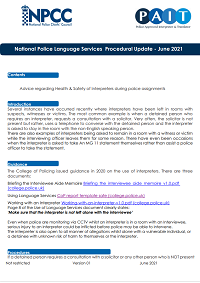



Guidance For Public Service Interpreters Police Ciol Chartered Institute Of Linguists
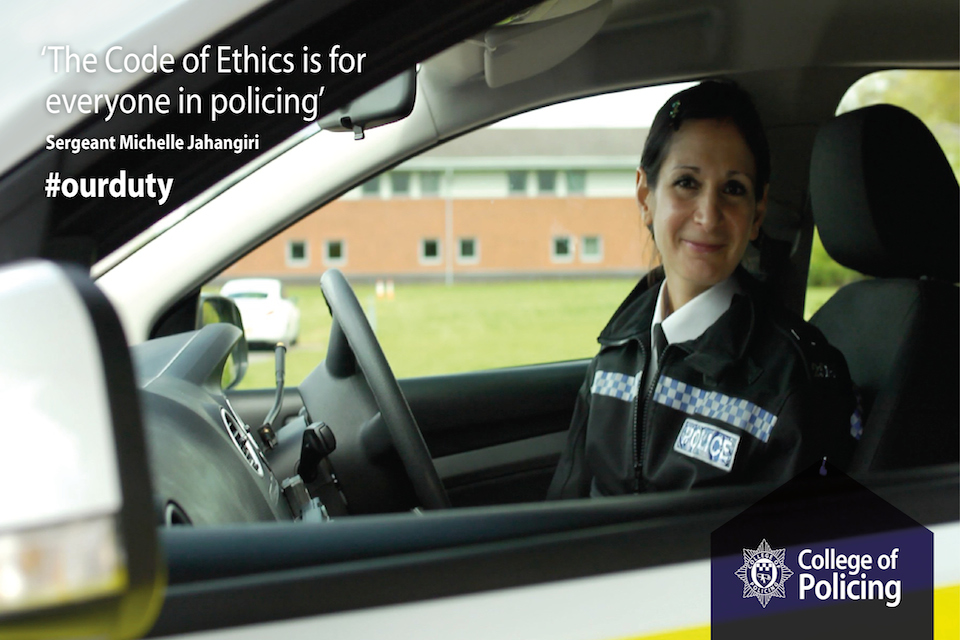



Code Of Ethics Launched Gov Uk
Code of Ethics A Code of Practice for the Principles and Standards of Professional Behaviour for the Policing Profession of England and Wales PresentedEthics programmes – One before/after study carried out in an Israeli regional council suggested that the introduction of an ethics programme – in support of a code of ethics – resulted in changes to some, but not all, employee perceptions (eg improved perceptions of there being anPersonal codes can be dangerous but have many benefits An example of a personal code is the following Therefore, my code of ethics




Police Officers




Code Of Ethics Gwent Police
The Code of Ethics was created by the College of Policing, the professional body for police, and laid in Parliament in July 14This video explains what you(Code of Ethics, 00) Personal codes of ethics are prevalent within the police community This can be like a firearm;The Code of Ethics was produced by the College of Policing in 14 in its role as the professional body for policing It sets and defines the exemplary standards of behaviour for everyone who works in policing It is a supportive, positive, everyday decisionmaking framework and is a constant reinforcement of the values and standards that policing is proud of
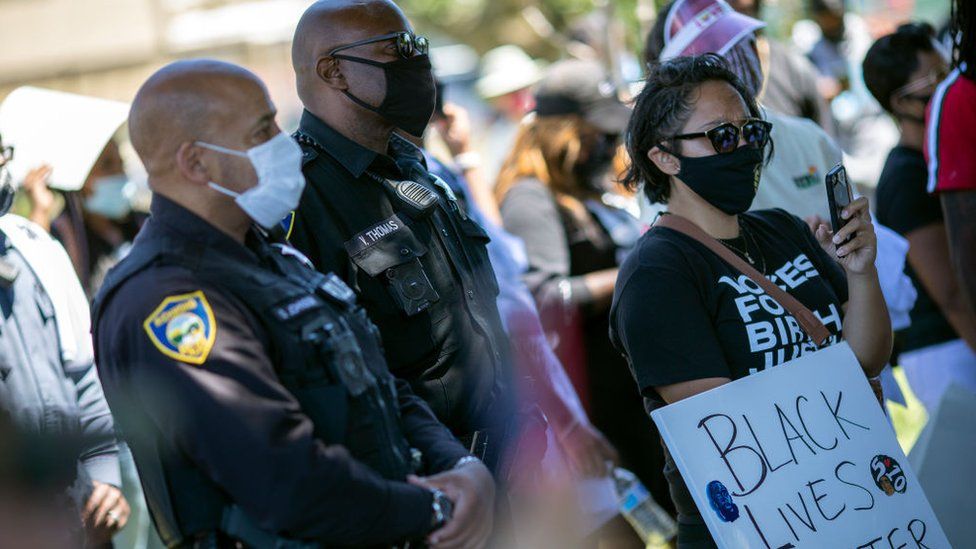



George Floyd Death What Us Police Officers Think Of Protests c News




Ethics In Counselling Pdf Top 5 Counseling Assignment Tips
Privacy Policy © South Yorkshire Police Federation Website designed & developed by Chameleon CreativeEssex Police officers and staff are additionally guided by the Police Code of Ethics Supported by the Police, Fire and Crime Panel's Ethics and Integrity SubCommittee, the Commissioner monitors how well both services are delivering against these standards and, working with the Chief Constable and Chief Fire Officer, uses this to help driveChief Constable, Lincolnshire Police The Code of Ethics for the police service in England and Wales has been in place for a number of years and continues to provide a framework that ensures policing is formally recognised as a skilled profession Developed by the College of Policing, the Code of Ethics has endured the test of time



2
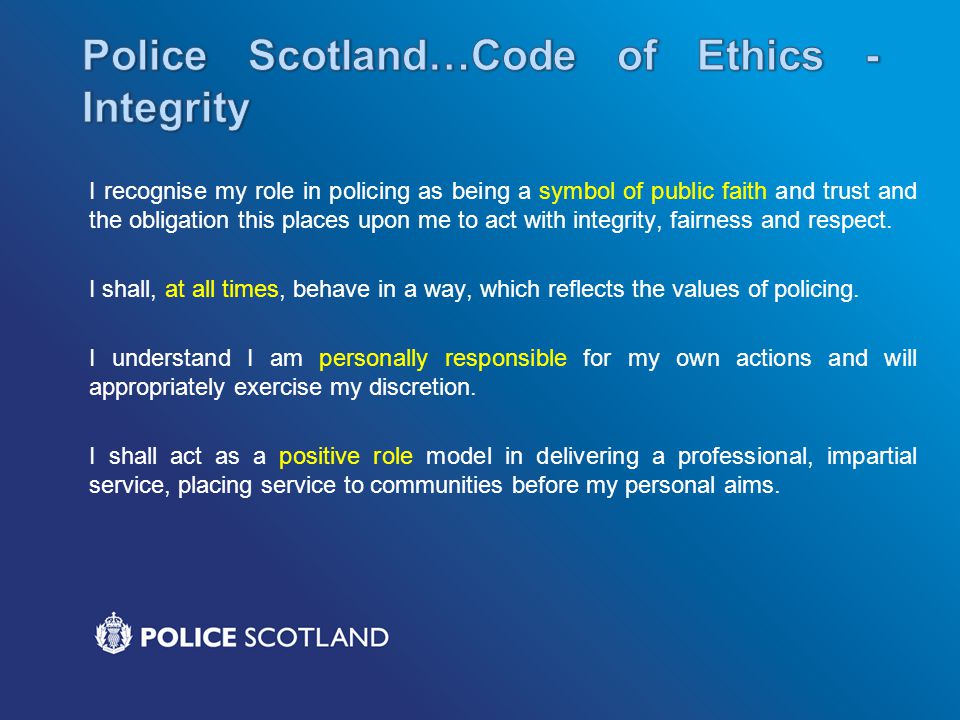



Values Based Policing In Scotland Ethical Policing From Poster To Pavement Police Scotland Is A Values Based Organisation How We Serve Our Communities Ppt Video Online Download
SCHEDULE 1 CODE OF CONDUCT Honesty and integrity 1 It is of paramount importance that the public has faith in the honesty and integrity of police officers Officers should therefore beThe Code of Ethics, issued by the College of Policing, sets out in detail the principles and expected behaviours that underpin the standards of professional behaviour for everyone working in the policing profession in England and Wales This includes police officers, to whom the Conduct Regulations apply 11Much, if not all, of the work of the UK Police circles around the document maintained by the College of Policing and called Code of Ethics (of the UK Police) This fundamental document of 13 pages lists 9 principles of work of the UK Police and 10 Professional Standards




Covid 19 Pandemic Ethical Guidance For Social Workers Www Basw Co Uk




Establishing An Ai Code Of Ethics Will Be Harder Than People Think We And Ai
MPS Information Code of Conduct An Information Code of Conduct applicable for all MPS personnel, members of the wider police family and certain partners It details the personal responsibility and duty of confidentiality owed by all staff to the Commissioner of Police of the Metropolis and MOPACTo safeguard lives andThe Code of Ethics – Summary OFFICIAL 1 The College of Policing developed the Code of Ethics on behalf of every member of the policing profession of England and Wales 2 The work was carried out by the College's Integrity Programme in association with the national policing lead for Ethics and the national policing lead for ProfessionalIdentifyCode of Conduct for Police Staff Page 2 of 5 Policy Statement Summary West Yorkshire Police (WYP) Code of Conduct for police staff is provided to set out the standard that the Force expects from all police staff employees The policy adheres to and supports the objectives of the Code of Ethics
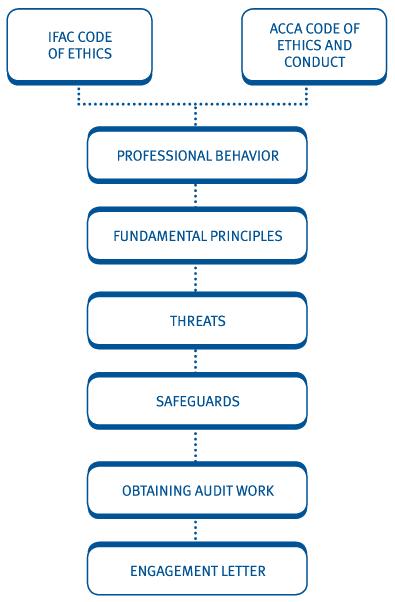



Chapter 4 Ethics And Acceptance Of Appointment




Our Code Of Ethics Vision And Values Nottinghamshire Police
And discharge their duties with integrity Fairness and impartiality 2Identify experimental studies that have specifically examined the impact of codes of ethics on professional conduct This small scale and narrowly focused review was carried out over a short timescale to inform the development and implementation of the Code of Ethics for the policing profession of England and WalesThese Regulations revoke and replace the Police (Conduct) Regulations 12 (SI 12/2632) ("the 12 Regulations"), with a number of changes, in part to reflect changes made to the handling of police complaints and police disciplinary matters made by the Policing and Crime Act 17 (17 c 3) These Regulations deal with internal conduct matters brought to the attention of the police



2



2
The Code of Ethics – Summary OFFICIAL 1 The College of Policing developed the Code of Ethics on behalf of every member of the policing profession of England and Wales 2 The work was carried out by the College's Integrity Programme in association with the national policing lead for Ethics and the national policing lead for ProfessionalCode of Conduct for Law Enforcement Officials; A new Code setting out policing principles and standards of professional behaviour for members of the policing profession raises questions around how incidents of minor misconduct will be dealt with On 15 July 14 the College of Policing issued a Code of Ethics ('the Code') under section 39A of the Police Act 1996




Core Code Of Ethics For Fire And Rescue Services England Local Government Association
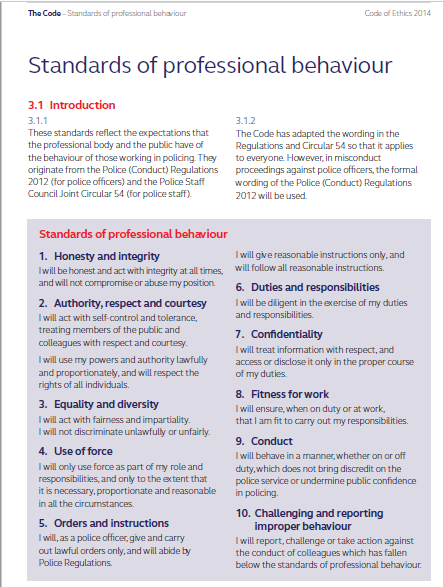



Complaint Against Lgbtpoliceuk Fair Cop
CODES OF ETHICS FOR THE POLICE 3 Specific principles for law enforcement institutions both in their personal and profe While law enforcement officials must adhere to the same standards of conduct as other public officials, there are additional issues to be regulated in their codes of ethics, due to the specificities of their duties Code of ethics policing professionalism A code of practice for the principles and standards of professional behaviour for the policing profession of England and Wales If cut and sold in the UK, the drugs would have a street value in excess of £4 million A working party of the Police Advisory Board has drawn up a proposed new Code of Professional Standards for police officers, which is intended to replace the current Code of Conduct in Schedule 1 of the Police (Conduct) Regulations 04




What Next For Police Technology And Ethics Centre For Data Ethics And Innovation Blog
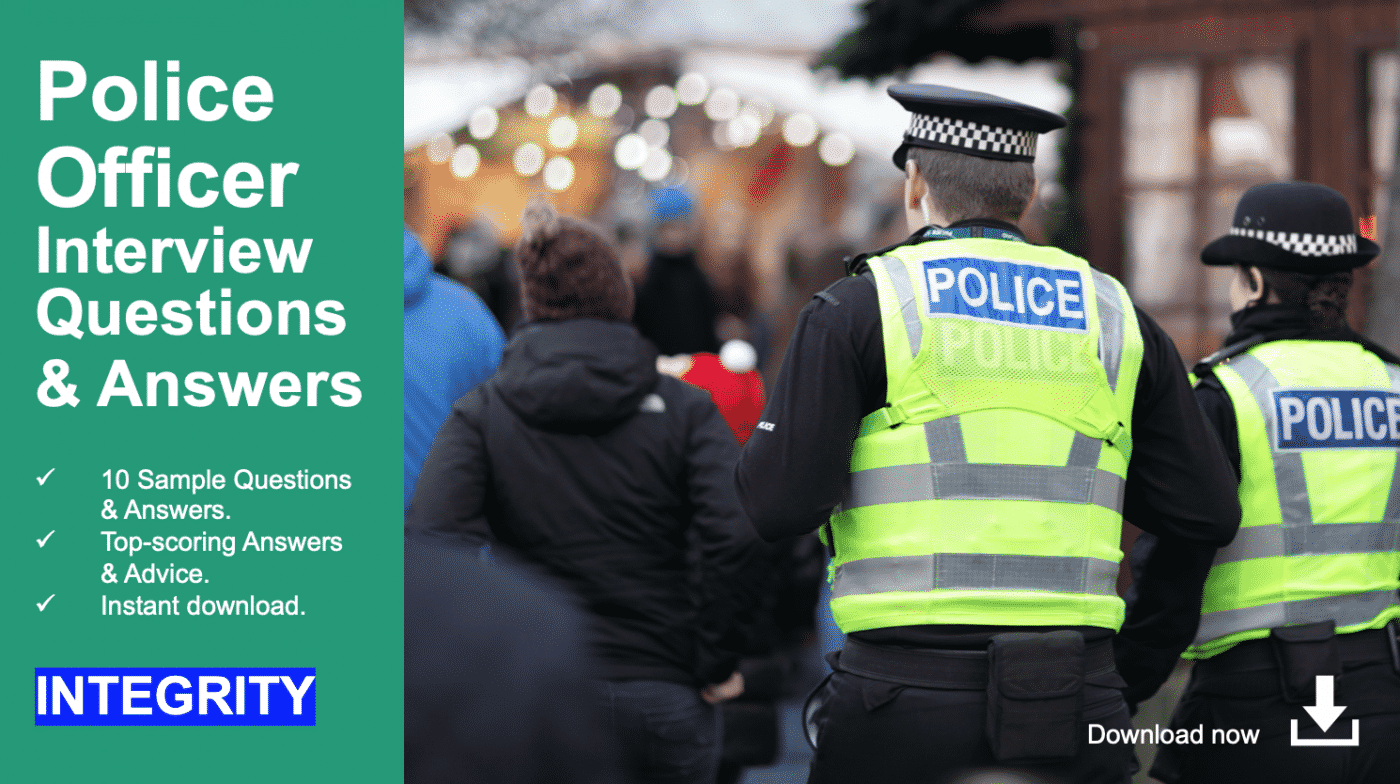



Police Officer Competencies Interview Questions Answers
This Code of Ethics remains true to the founding principles of British policing and highlights the responsibility of those of us who work in policing to behave in a manner most likely to win the trust and support of fellow citizens The Code of Ethics is a first for everyone who works in policing in England and Wales It sets Section 10 of the Police Code of Ethics states that unethical or unprofessional behaviour on the part of a policing colleague should never be ignored 'irrespective of the person's rank, grade or role' (College of Policing, 14 15) This Code of Ethics applies to all police officers and support staff and we were encouraged, by the research force, to include everyone classed a




Policing And Ethics Panels Are They Really Working Police Hour



2
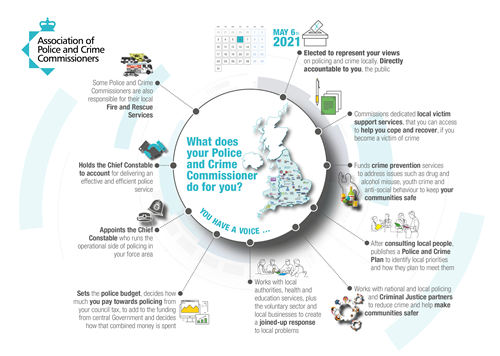



Role Of The Pcc



1



2
.jpg)



Mdp Organisational Development Strategy Defence Police Federation




County Lines Nottinghamshire Police
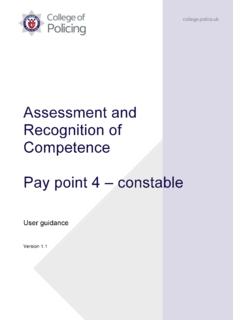



Code Of Ethics College Of Policing Code Of Ethics College Of Policing Pdf Pdf4pro




Acro Criminal Records Office Join Us



Assessing The Real Purpose Of The Police Code Of Ethics Insight




With Video New Code Of Ethics For Dorset Police Unveiled Dorset Echo




Code Of Ethics For Policing In Scotland Police Scotland




Police Officers




Be A Leader Volunteer Police Cadets



1




New Materials Code Of Ethics Police Assessment Centre Training




Icva Never A Bad Time To Remind Ourselves Of The Nolan 7 Principles Of Public Life Independent Custody Visitors Both Embody These Principles And Are Part Of Ensuring Accountability




Legal Framework




Pdf Police Ethics And Integrity Keeping The Blue Code Of Silence




About Us West Mercia Police




Bedfordshire Pcc Your Pcc For Bedfordshire
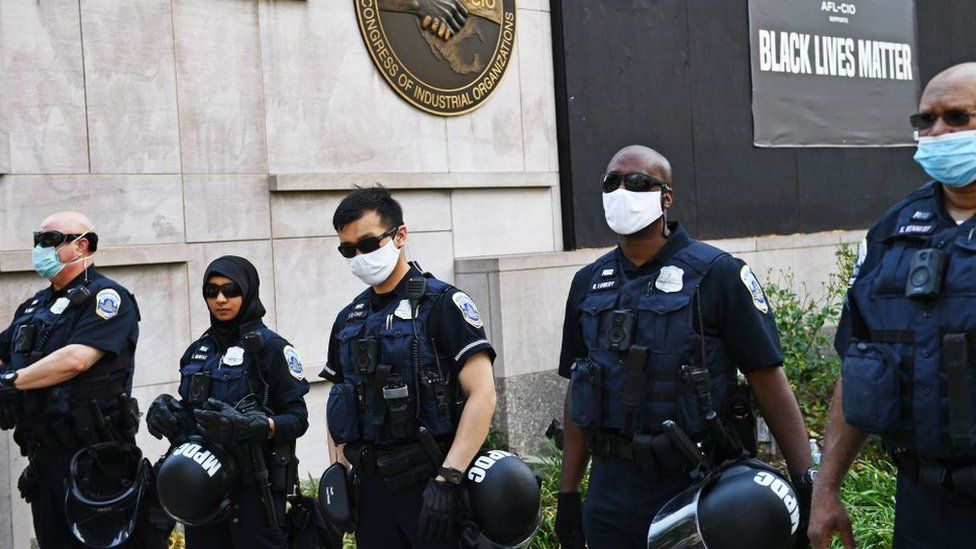



George Floyd Death What Us Police Officers Think Of Protests c News




Victims Code Of Practice Syp




Help Shape The Code Of Ethics Review College Of Policing
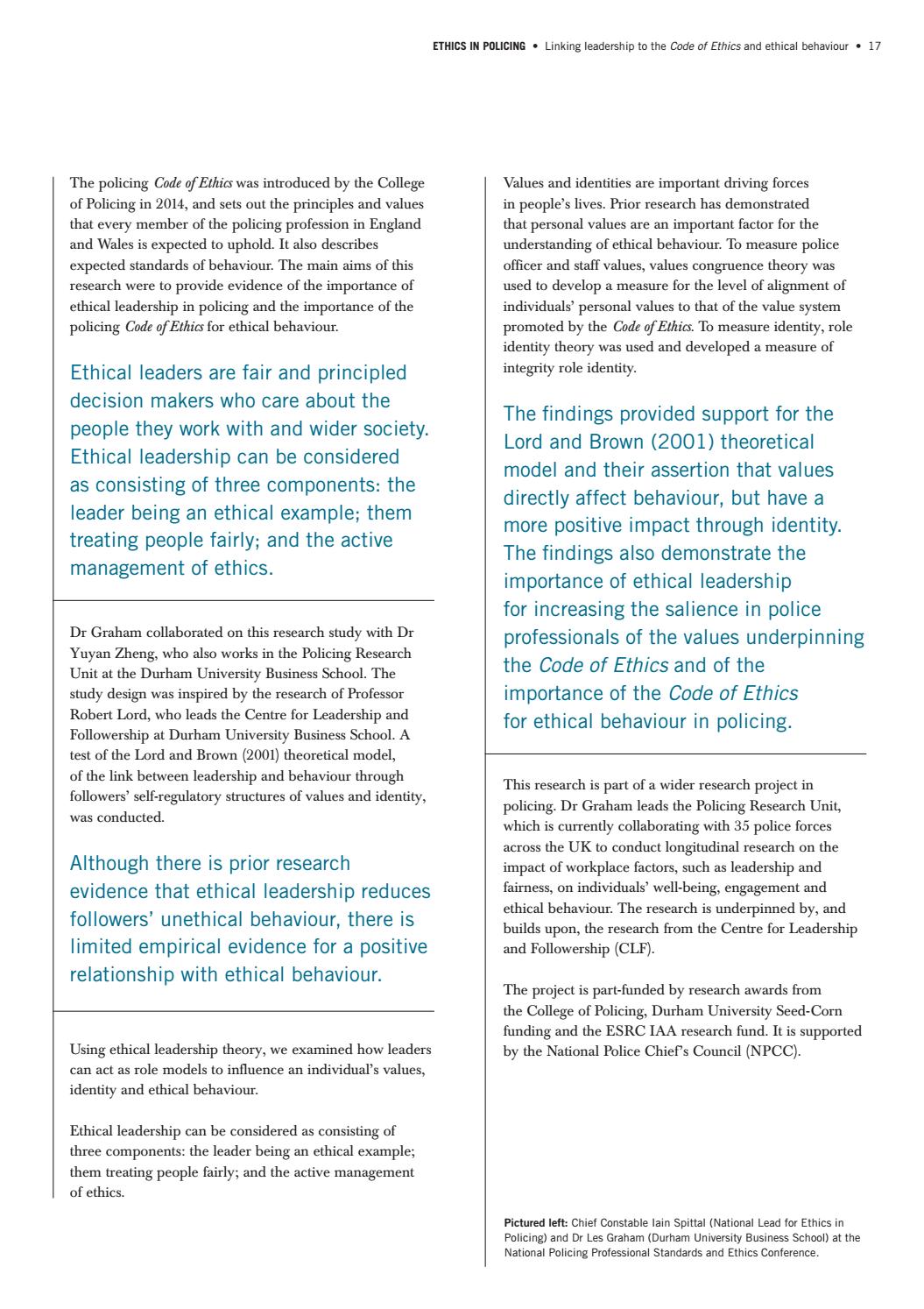



Impact Magazine Issue 3 By Durham University Business School Issuu
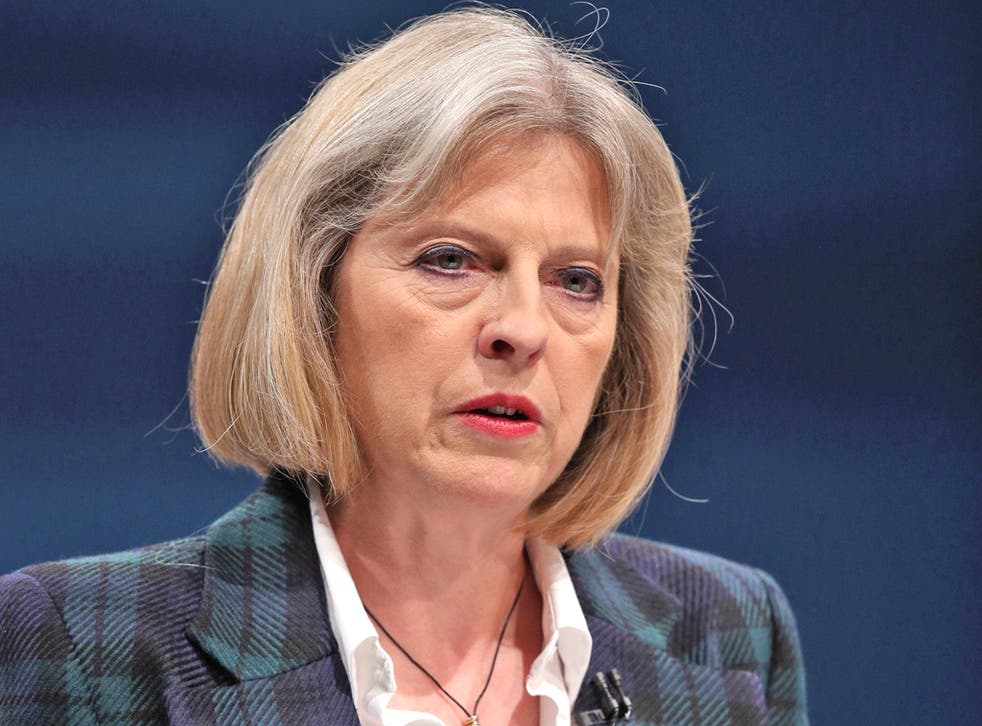



Theresa May Announces New Code Of Ethics For Police The Independent The Independent




3 02 Challenges And Possibilities Of The Implementation Of The Policing Code Of Ethics Centre For Policing Research And Learning



D1c37dbb93ef95a704 757c8e9f1f5c003ef935c079 R13 Cf3 Rackcdn Com




Investigative Interviewing




Rank Success Home Uk Police Officer Promotion Workshops And Guides




The Justice Of The Peace Blog Police Misconduct New Guidance




Bedfordshire Pcc Your Pcc For Bedfordshire




Guidance For Public Service Interpreters Police Ciol Chartered Institute Of Linguists




Bullshire Police Here At Bullshire Police We Believe We Should Be Transparent About The Internal Disciplinary Process Like Other Real Proper Police Organisations Bullshire Police Officers Have To Adhere To The



3



2



2




Character And Cops Ethics In Policing Ethics In Policing 6th Edition Amazon Co Uk Delattre Edwin J Books



2



2



2
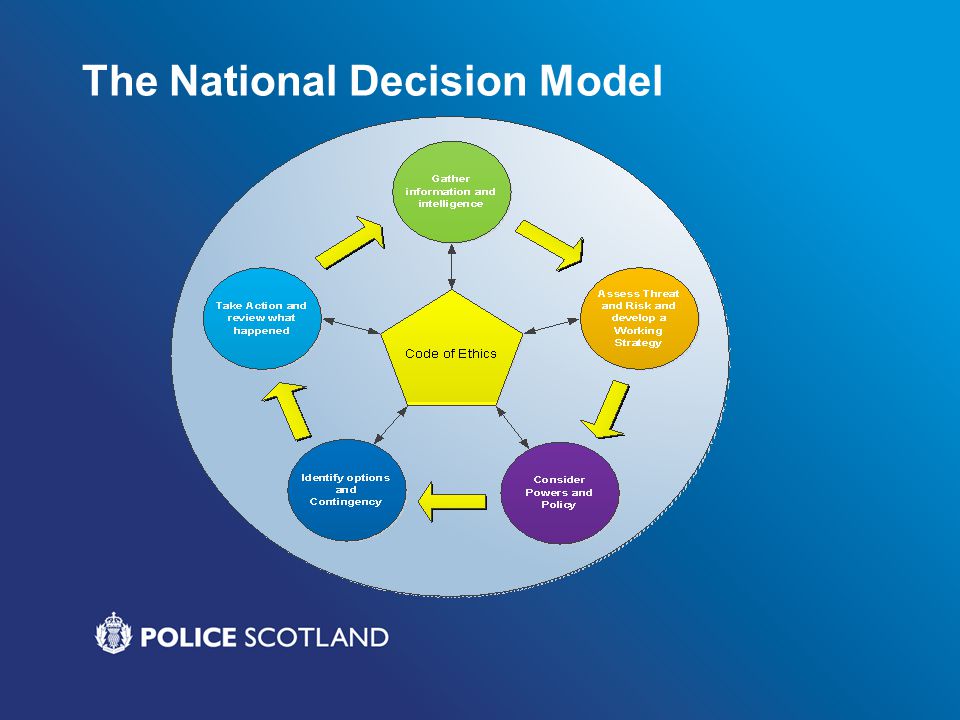



Values Based Policing In Scotland Ethical Policing From Poster To Pavement Police Scotland Is A Values Based Organisation How We Serve Our Communities Ppt Video Online Download



2




A New Code Of Police Ethics Sign Me Off Until Next March Marina Hyde The Guardian




The Code Of Ethics Of The Uk Police Explained appp Association Against Abuse Of Police Powers And Privileges




Home




W Yorks Police Firearms Licensing Dept In Breach Of Policing Code Of Ethics Raptor Persecution Uk




Code Of Ethics For Policing In Scotland Police Scotland




Oliver Scott Curry Code Of Ethics For The Policing Profession Of England And Wales Ethicalatlas T Co D2oxkbaaqc T Co Waaabh4fud Twitter



2




History Development Of Police Criminal Justice History And Development Of Police Video 1 Studocu




Vision Values And Priorities Warwickshire Police



2




Caution For Off Duty Police Officer Who Punched Man Outside Belfast Bar Belfasttelegraph Co Uk



2



2



Police Code Of




Code Of Ethics




Our Values Essex Police




Police Discipline The New Code Of Ethics And The Police Conduct Regulations 12 Corrupt Police



2
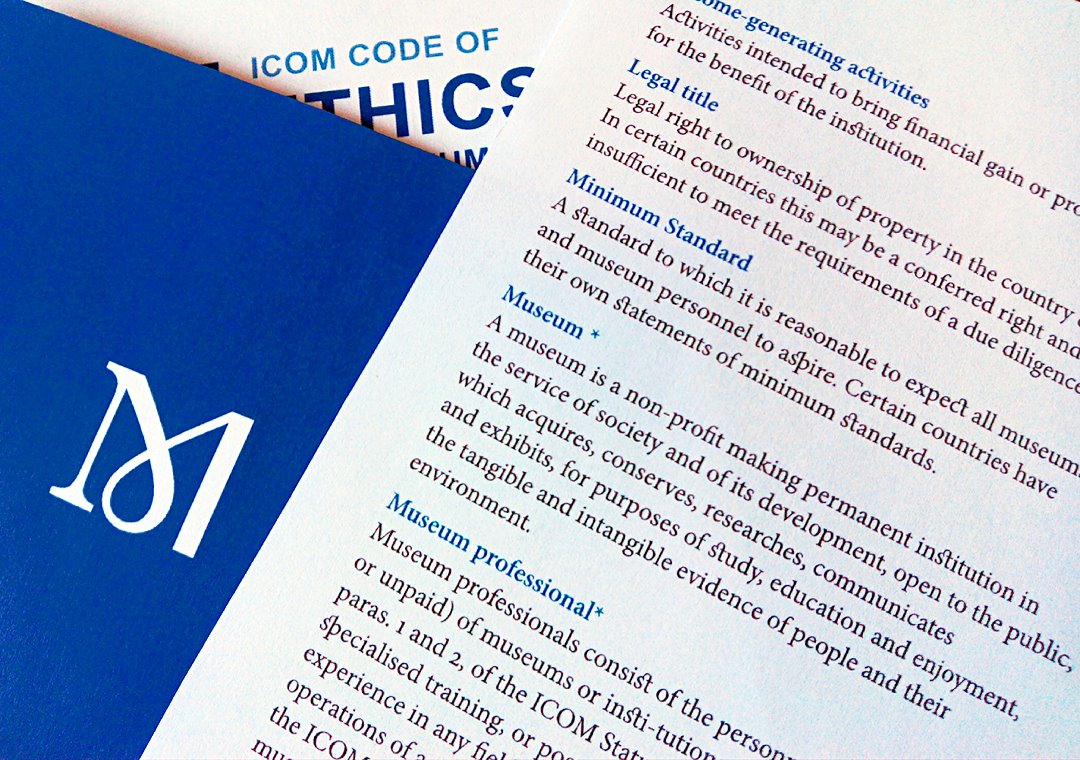



Code Of Ethics International Council Of Museums International Council Of Museums



2




Membership C College Of Policing Limited Agenda Membership Of The College Of Policing Progress To Date And Future Plans Frontline Champions Panel Ppt Download




National Decision Model




Police Property Fund Grant Schemes Northern Ireland Policing Board



2




Code Of Ethics A Code Of Practice For The Principles And Standards Of Professional Behaviour For The Policing Profession Of England And Wales Amazon Co Uk College Of Policing Books




Code Of Ethics Syp



2




Code Of Ethics Dorset Police




Line Of Duty Two Ex Anti Corruption Officers On How The Police Actually Catch Bent Coppers




Code Of Ethics Dorset Police




Why Did The Boys In Blue Turn Into The Boys In Black Part 3




The Only Way Is Ethics Rank Success Blog




Code Of Ethics And Professional Conduct For Emr Ac Uk




Competency And Values College Of Policing



2




Power And Restraint The Moral Dimension Of Police Work Amazon Co Uk Cohen Howard S Books



2




New Materials Code Of Ethics Police Assessment Centre Training
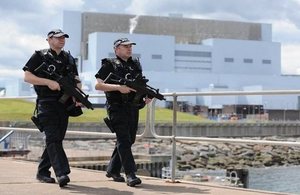



Code Of Ethics Launched Gov Uk



0 件のコメント:
コメントを投稿